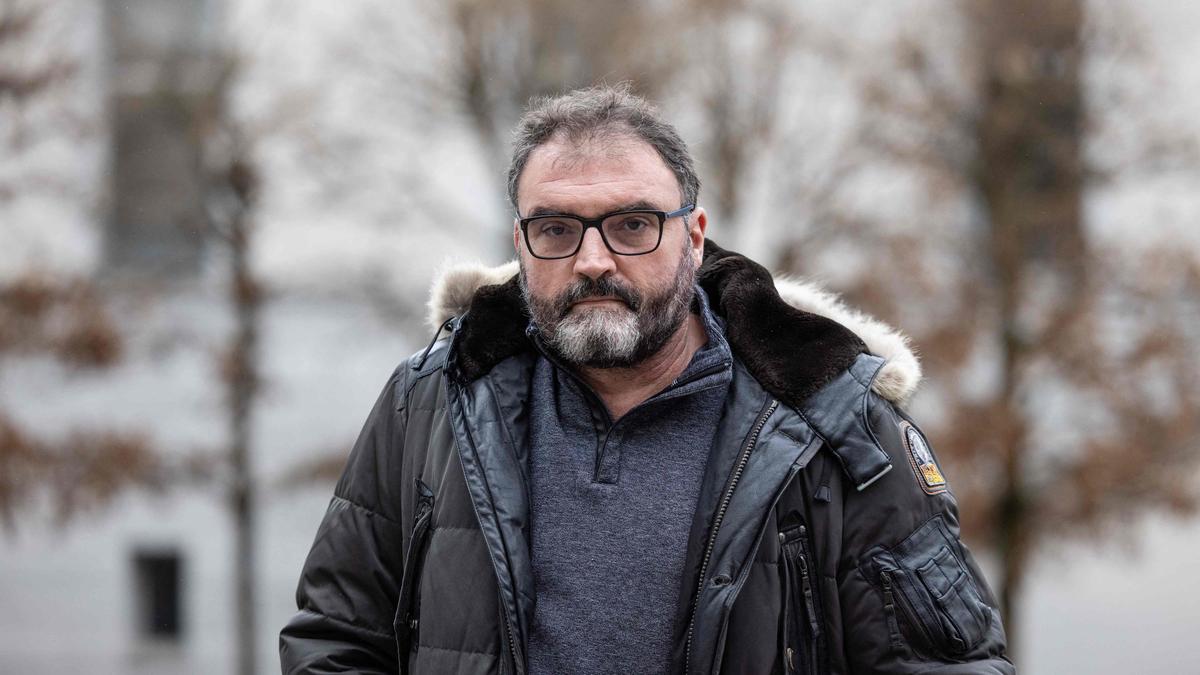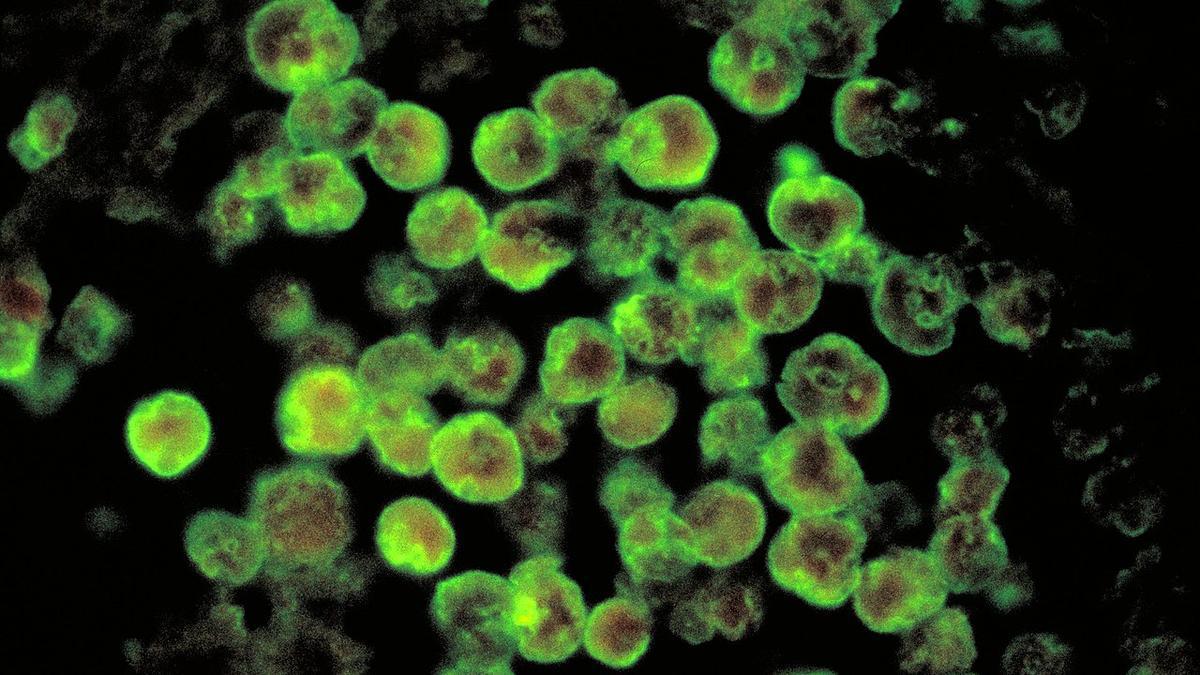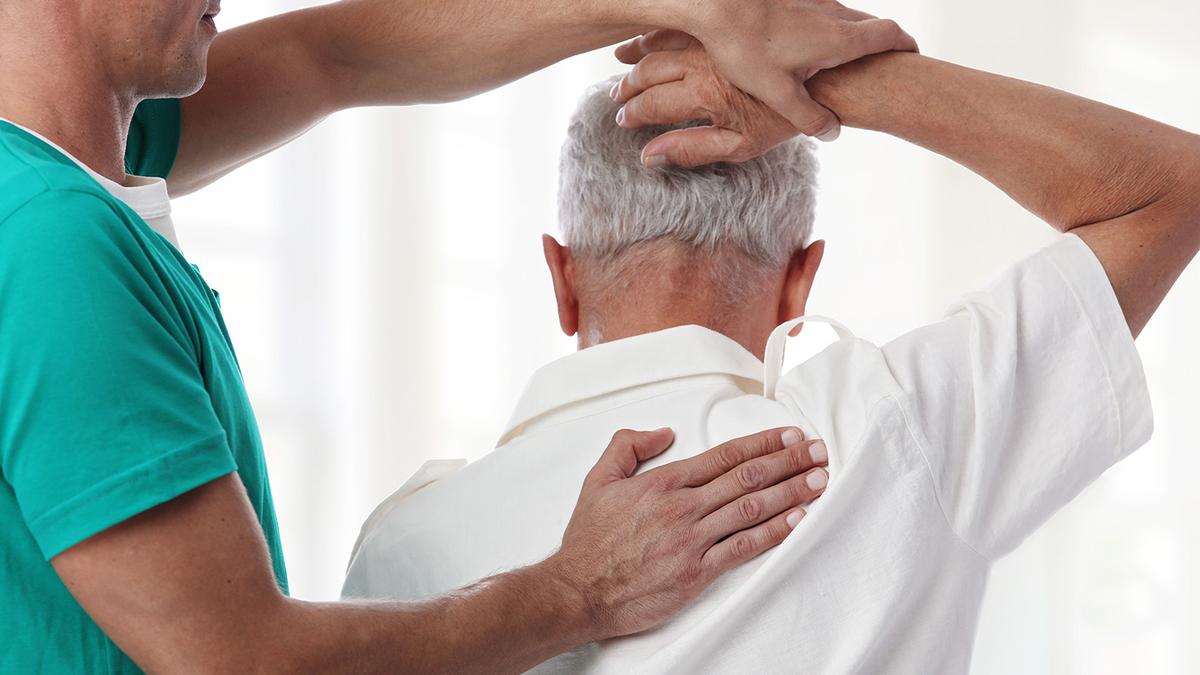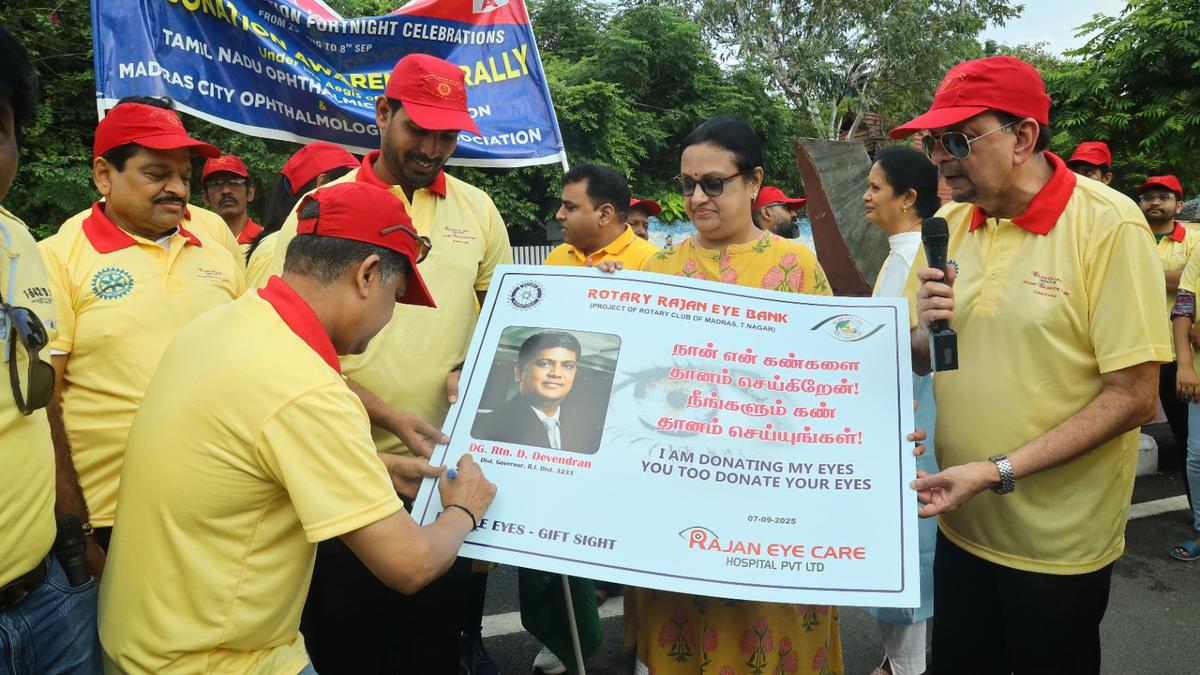Healing the mind to heal the body: prioritising mental health of the elderly
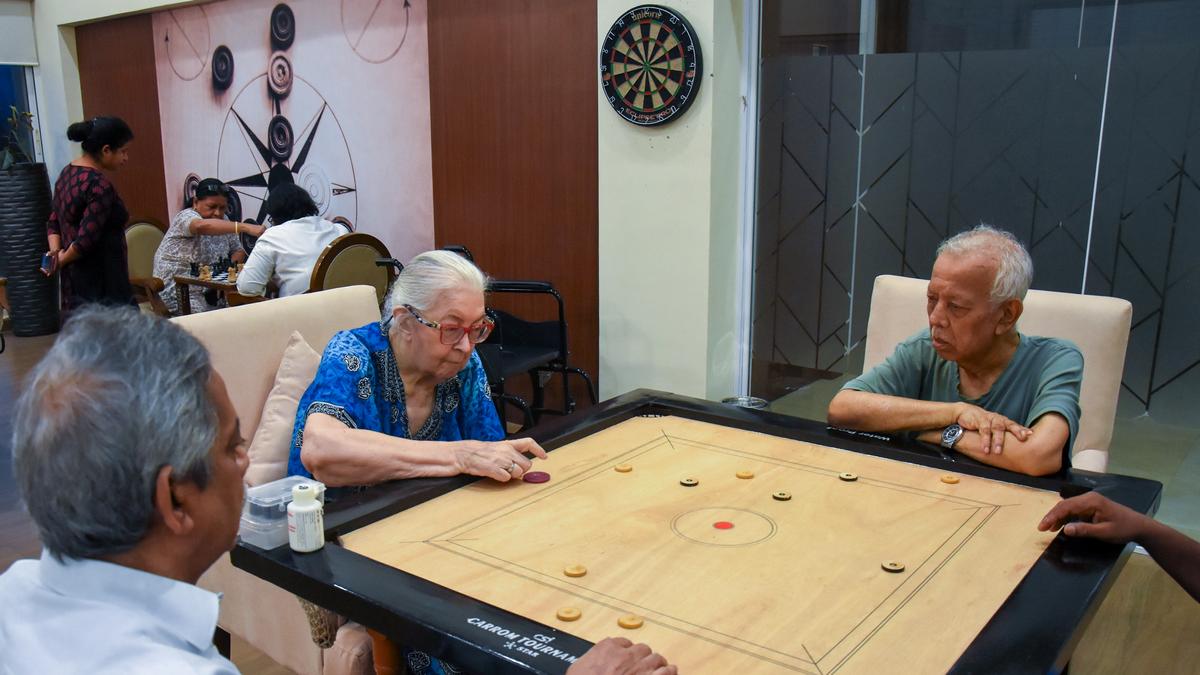
In an ageing world facing unprecedented demographic shifts, the mental health needs of older adults have emerged as one of the most critical, yet overlooked, public health challenge of our times.
As families and healthcare systems struggle to adapt, the need for specialised elder care has never been more urgent. Currently, India is facing a severe shortage of resources, trained caregivers, and comprehensive healthcare systems to adequately address the needs of its elderly citizens.

The mind-body link
Mounting evidence suggests that addressing mental health is not merely about psychological well-being – it is fundamental to physical health outcomes and overall quality of life for senior citizens.
While a lot of focus is given to physical health, mental health among the elderly remains a severely neglected area. Depression, anxiety, dementia, loneliness, and age-related cognitive decline are common yet underdiagnosed and undertreated issues in this demographic.
Doctors say untreated mental health issues can significantly worsen physical conditions such as diabetes, cardiovascular disease, and mobility impairments. Mental distress also weakens immunity and hinders recovery from illness, creating a cycle of declining health.
The relationship between mental and physical health becomes increasingly intertwined with age.
Research from the National Institute on Aging in the U.S. suggests that depression increases the risk of physical illness and disability, while also reducing adherence to treatment regimens for chronic conditions. Conversely, chronic pain and physical limitations can trigger or exacerbate mental health problems, creating a difficult cycle that diminishes quality of life.

Staggering numbers
“We are facing a silent crisis. The numbers are staggering, yet mental healthcare for older adults remains woefully inadequate in most healthcare systems globally,” says Hemant Bhargav, associate professor of integrative medicine at NIMHANS, Bengaluru. “Around 14% of adults aged 60 and over live with a mental disorder, accounting for 10.6% of total disability among older adults worldwide. Depression – affecting approximately 22% of elderly men and 28% of elderly women – is at the forefront of this troubling trend. Yet an estimated 85% of older people with depression receive no professional help whatsoever,” he says.
Social isolation affects approximately 25% of older adults and represents a key risk factor for mental health conditions. “Loneliness can be as damaging to health as smoking 15 cigarettes a day. Yet we rarely screen for it or treat it as a serious health concern,” he says. “We are seeing only the tip of the iceberg. Many cases go undiagnosed because symptoms are mistakenly attributed to normal ageing, or because physical complaints mask underlying psychological distress,” adds Dr. Bhargav.
Pointing out that several critical factors continue to impede access to adequate mental healthcare for seniors, the doctor says that many older adults grew up at a time when mental health problems carried significant stigma. “They often view seeking help as a sign of weakness or moral failure. I have had elderly patients tell me they would rather suffer in silence than admit they are struggling emotionally,” he says.

Community participation
Arvind Kasthuri, head of geriatrics, St John’s Medical College, underscores the importance of turning the healthcare spotlight on the elderly, with a focus on community participation. He says a strong primary care programme is essential to promote, preserve and maintain the health of the elderly.
Group-based interventions that combine social engagement with mental health support are showing promising results. These programmes address multiple risk factors simultaneously. They combat isolation while providing structured activities that promote both physical and mental well-being.
For instance, St. John’s has been running Grama Hiriyara Kendras (Village Senior Centres) in Mugalur, Kugur, V Kallahalli and Handenahalli in the Anekal taluk of Bengaluru Urban district from 2014 onwards. “Beyond being activity centres, these kendras provide holistic care addressing the medical and social aspects of senior citizens, apart from providing counselling to the seniors and their families, wherever required,” says Dr. Kasthuri. Asserting the need for more such kendras, he says they are now trying to push this concept to other NGOs.
This is essential as a major demographic shift is expected by 2050, when the elderly population in India will surpass the number of children (0-15) for the first time. “This is something which has never happened before, prompting the World Health Organization (WHO) to declare 2021-2030 as the decade of healthy ageing. Currently, India has about 15 crore people aged above 60. This is larger than the combined population of the U.K. and Australia. By 2050, one in every five Indians would be a senior citizen,” he says, attributing this demographic shift to the rise in life expectancy rates and a fall in the fertility rate.

Barriers to care
Elaborating on the key challenges that the elderly face, Dr. Kasthuri points to the “five As: accessibility, awareness, affordability, absence phenomenon and accountability or the lack of any one of these or all five.” From transportation difficulties to financial constraints, older adults face numerous practical barriers to receiving care, he says.
“How many older people have access to healthcare when they need it and where they need it? It could be geographic access, physical access, financial and social access. Also, how many of our elders actually have the health literacy that they need? Even if they go to a healthcare centre, it is very likely that they may not get to the healthcare worker they need to see,” he says.

Anoop Amarnath, chairman, geriatric medicine at Manipal Hospitals, says that as much as physical health is important, brain health – although frequently neglected, is equally important.
“Cognitive decline, which impairs a person’s ability to manage day-to-day activities, may be related to a number of factors – stress, anxiety, ultra-processed foods, lifestyle diseases, lack of physical activity, environmental pollution, smoking and alcohol amongst others,” he says. Short-term memory loss, irritability, repetitive talk, the inability to hold a coherent conversation, forgetting recent events and a family history of cognitive impairment may all be indicative of a risk of cognitive decline, Dr. Amarnath adds.
Asserting that it is very important to have a good social circle to ensure brain health is maintained, Dr. Amarnath says activities such as solving crosswords, Sudoku and Scrabble are also very effective. Learning new skills such as playing a musical instrument, a new language or even an activity such as cooking or painting is very helpful, he says.
Nutrition plays a big part in brain health. Natural and unprocessed food like fresh fruits, vegetables, nuts and spices need to be included in the daily diet.
As much as physical health is monitored and evaluated by health checkups, cognitive health must be evaluated by cognitive tests regularly, says Dr. Amarnath.

Innovation for diagnostic puzzles
Mental health symptoms frequently overlap with physical conditions or medication side effects, creating diagnostic puzzles that require specialised expertise. Mental disorders with comorbid physical diseases present challenges, as depression and anxiety can manifest differently in older adults than in younger populations.
Despite these challenges, innovative approaches such as yoga and meditation are showing promise in addressing the mental health needs of older adults. Studies show these practices can improve both perceived physical and mental health issues while also alleviating depressive symptoms.
Besides, digital innovations are breaking down geographical barriers to care. From telehealth services that connect seniors with mental health professionals to mobile apps that guide meditation and stress reduction, technology is extending the reach of mental healthcare beyond traditional settings.
“Learning to use new apps or devices can itself be therapeutic. It promotes active learning and cognitive engagement while providing access to support resources,” says Dr. Bhargav.
Dr. Bhargav’s team published a research paper on tele-yoga for elderly populations during the COVID-19 pandemic, and NIMHANS has now completed five years of regular tele-yoga programs for stress management. These tele-yoga sessions are still ongoing, and any elderly person who feels lonely and wants to connect with a larger group of like-minded people can join these sessions, free of cost, using Zoom. (Meeting ID: 958 0857 0444, Passcode: 00000, Monday to Friday 6:30 am to 7:30 am.)
NIMHANS also offers tele-counselling services free of charge under the national Tele-manas programme. People can use these toll-free numbers: 14416 or 1800-89-14416 to speak with a mental health counsellor.
This article was first published in The Hindu’s e-book Shades of Grey: Geriatric Care and its Social and Economic Facets


